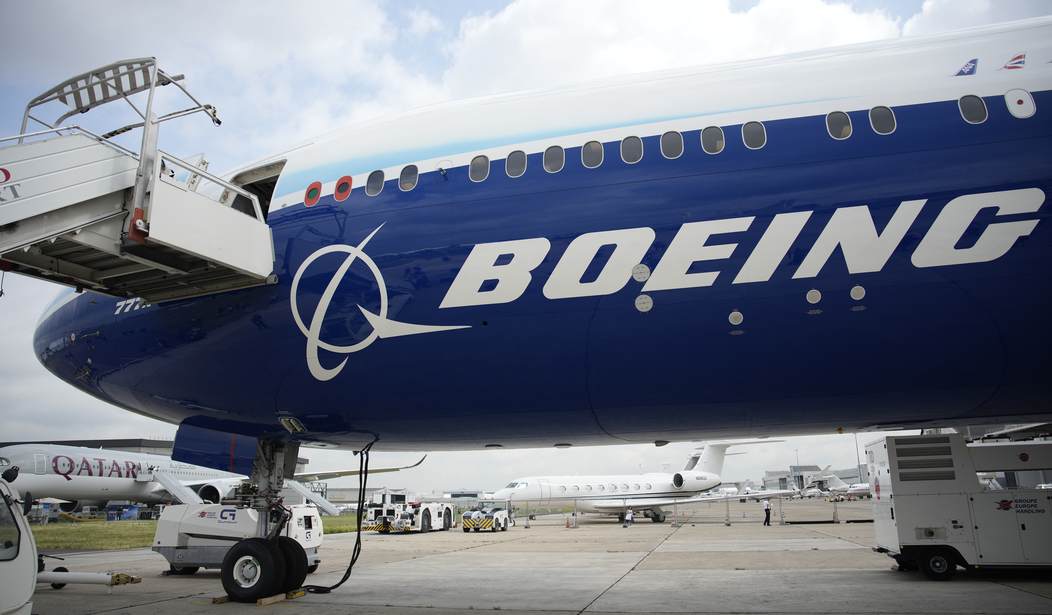Potentially counterfeit titanium was used in the two largest commercial airline makers—Boeing and Airbus—and now officials from the companies and the Federal Aviation Administration are investigating.
According to a New York Times report, components made from titanium used in recently manufactured jets were sold with counterfeit documents, raising serious questions about the structural integrity of the parts.
Spirit AeroSystems, a supplier for the two airliners, is also looking into the falsified documents. It is unclear how many planes may be affected by the questionable components.
The issue appears to date to 2019 when a Turkish material supplier, Turkish Aerospace Industries, purchased a batch of titanium from a supplier in China, according to the people familiar with the issue. The Turkish company then sold that titanium to several companies that make aircraft parts, and those parts made their way to Spirit, which used them in Boeing and Airbus planes.
In December 2023, an Italian company that bought the titanium from Turkish Aerospace Industries noticed that the material looked different from what the company typically received. The company, Titanium International Group, also found that the certificates that came with the titanium seemed inauthentic.
Turkish Aerospace Industries did not respond to a request for a comment.
Spirit began investigating the matter, and the company notified Boeing and Airbus in January that it could not verify the source of the titanium used to make certain parts. Titanium International Group told Spirit that when it bought the material in 2019, it had no clue that the paperwork had been forged, according to Spirit officials. […]
The documents in question are known as certificates of conformity. They serve somewhat as a birth certificate for the titanium, detailing its quality, how it was made and where it came from, Spirit officials said.
People familiar with the situation said it appeared that an employee at the Chinese company that sold the titanium had forged the details on the certificates, writing that the material came from another Chinese company, Baoji Titanium Industry, a firm that often supplies verified titanium. Baoji Titanium later confirmed that it had not supplied the titanium. The origin of the titanium remains unclear. […]
So far, Spirit’s testing has confirmed that the titanium is the appropriate grade for airplane manufacturers. But the company has been unable to confirm that the titanium was treated through the approved airplane manufacturing process. The material passed some of the materials testing performed on it but failed others. (The New York Times)
Recommended
Both Airbus and Boeing have said no issues have come from the tests they've performed on the affected components.
“This industrywide issue affects some shipments of titanium received by a limited set of suppliers, and tests performed to date have indicated that the correct titanium alloy was used,” Boeing said in a statement. “To ensure compliance, we are removing any affected parts on airplanes prior to delivery. Our analysis shows the in-service fleet can continue to fly safely.”
Airbus also said “the A220’s airworthiness remains intact.”
“Numerous tests have been performed on parts coming from the same source of supply,” an Airbus spokeswoman told the Times. “The safety and quality of our aircraft are our most important priorities, and we are working in close collaboration with our supplier.”
The questionable titanium is the latest problem to hit the already embattled airline industry, which has been under the microscope due to a number of high-profile safety concerns, including the January incident when a door panel blew off a Boeing jet mid-air.
























Join the conversation as a VIP Member